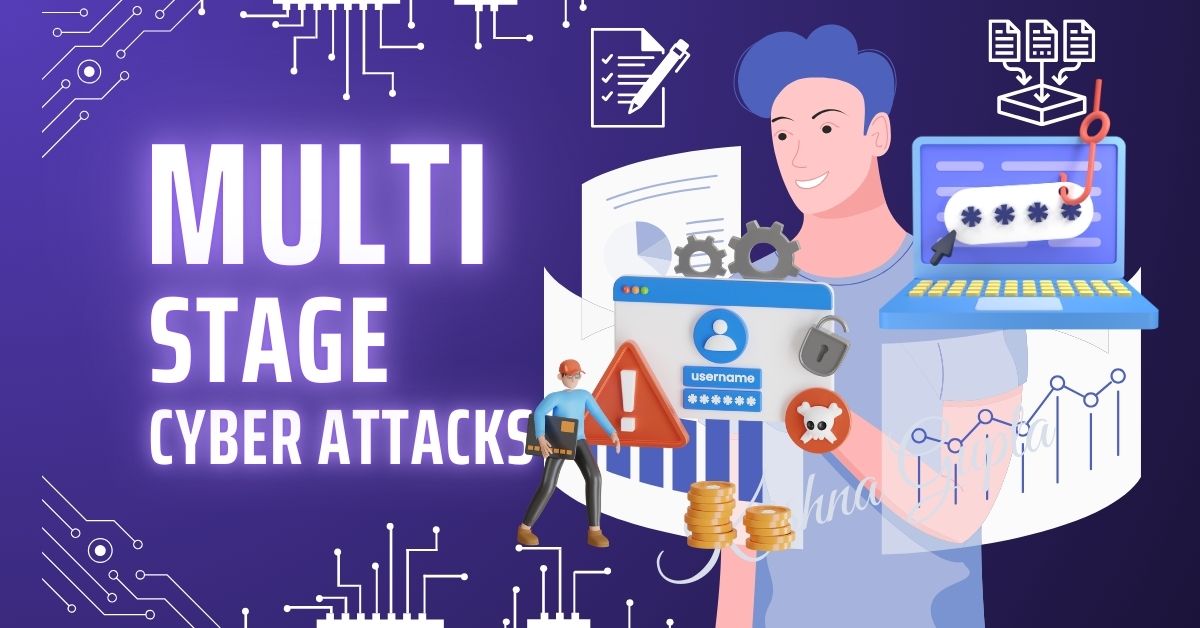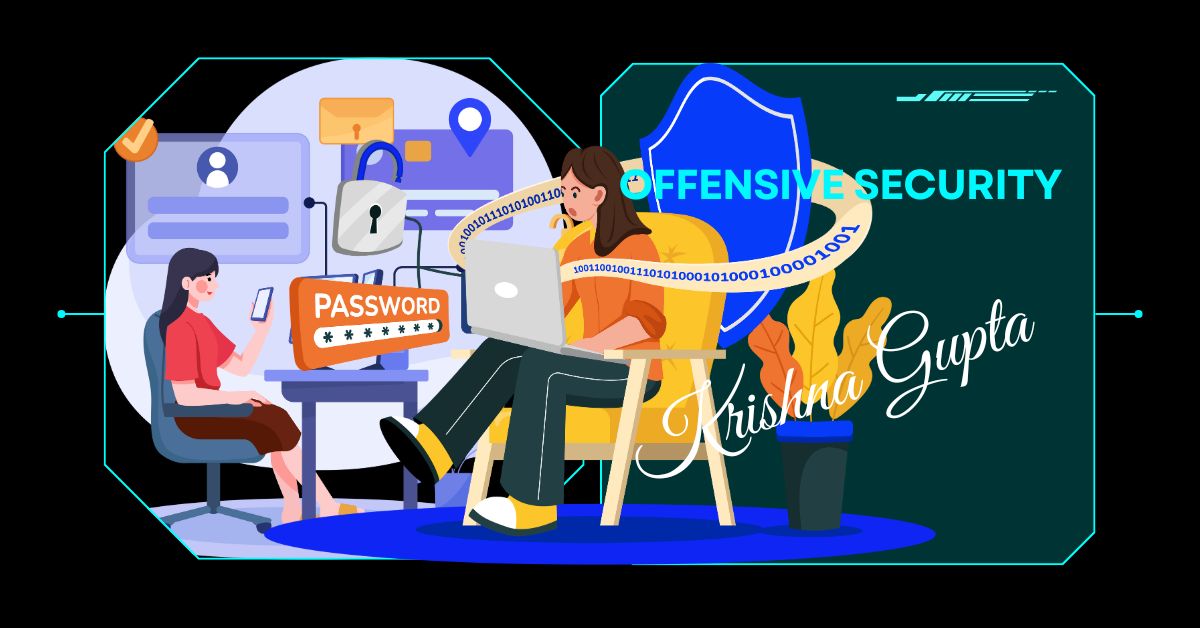Multi-Stage Cyber Attacks: Understanding Their Sophistication and Building Robust Defences
Cyber attacks have evolved into intricate operations, often executed in multiple stages to achieve maximum impact while evading detection. Multi-stage cyber attacks leverage complex execution chains to mislead victims, bypass traditional defences, and deliver devastating outcomes. For organisations and individuals alike, understanding the mechanics of these attacks is essential for crafting effective defence strategies.
Multi-stage cyber attacks are a formidable challenge, but with offensive security techniques, organisations can move from reactive to proactive defence. By adopting vulnerability assessments, penetration testing, cyber forensics, malware analysis, and reverse engineering, businesses can detect and neutralise threats before they escalate.




